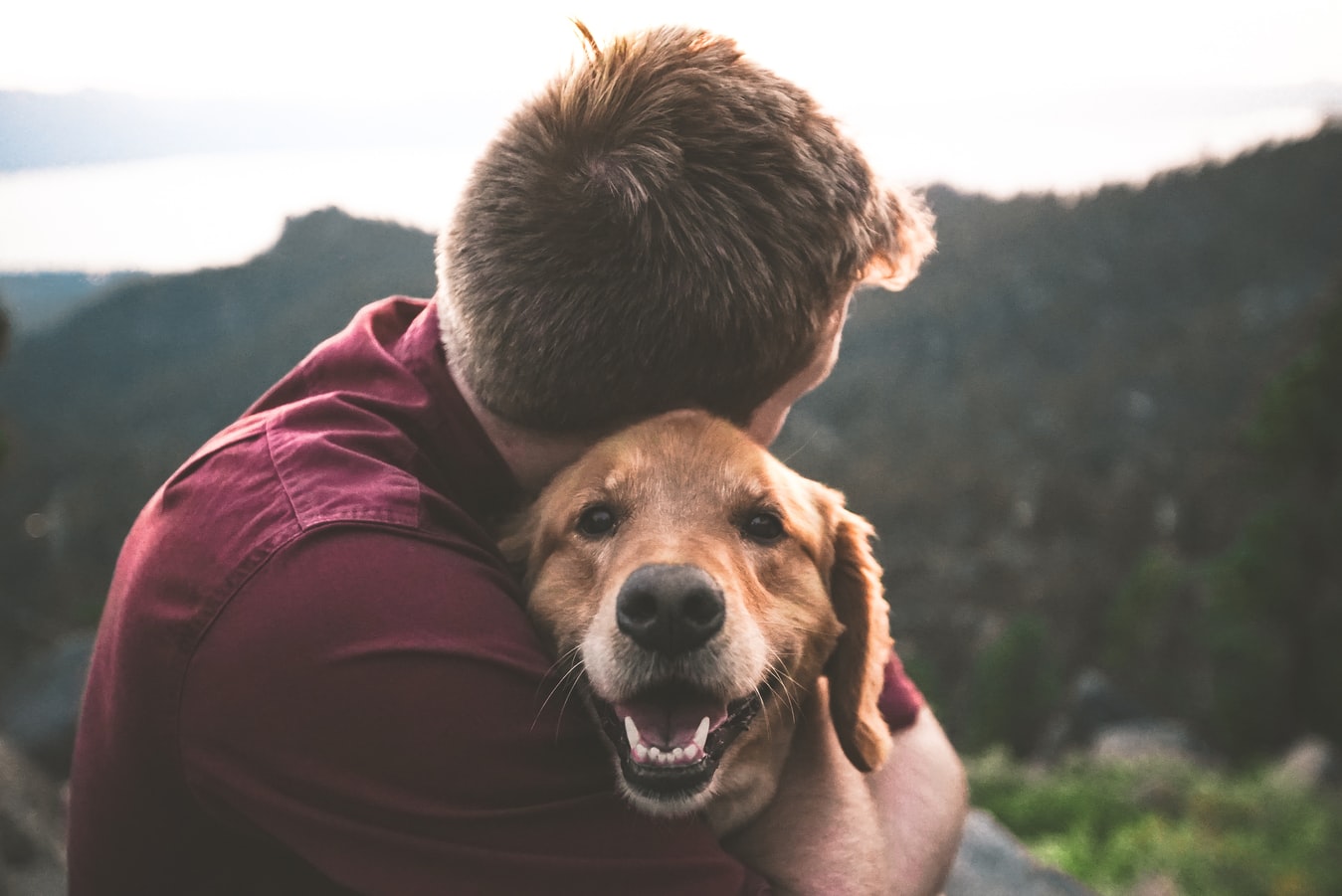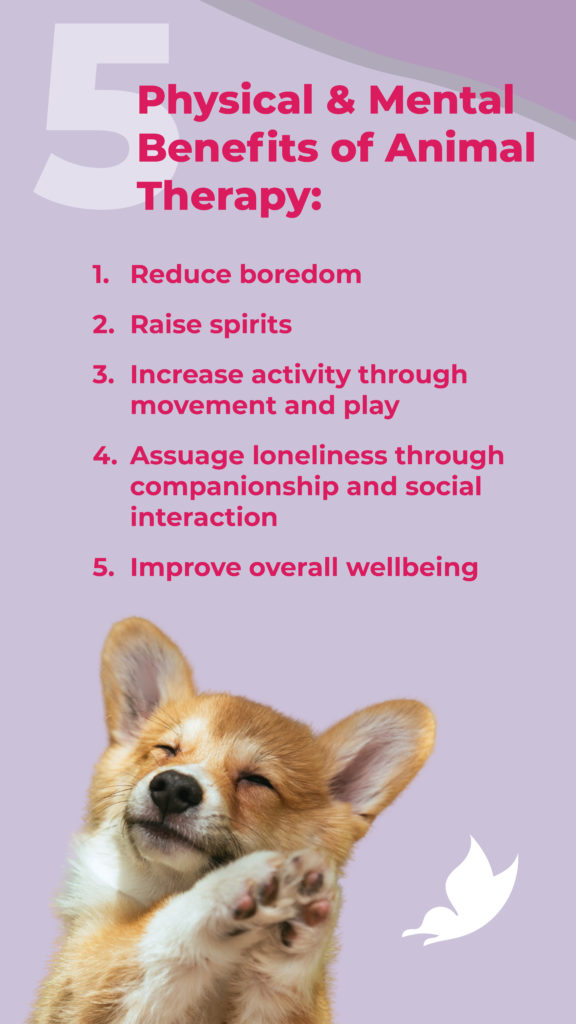Published: Oct. 28, 2020, at 8:00 a.m. | Updated: Jan. 11, 2023, at 9:25 a.m.
In addiction recovery, as in life, dogs truly are our best friends. But it’s not just dogs; animals of all stripes and types seem to have an amazingly therapeutic effect on individuals in recovery. If you’ve ever owned a pet before, you know exactly what we’re talking about.
The Therapeutic Effects of Animals
There’s nothing quite like the feeling of coming home at the end of a long day to be greeted by your animal companion. They missed you while you were gone. It doesn’t matter whether you went to the corner to get the mail or were absent for a month; they greet you with the same enthusiasm every time. They are your constant guardian, and you are theirs. Having this kind of bond, with a creature that offers zero judgment and unconditional love, is incredibly empowering, comforting, and can even be life-saving.
Nearly everything about animals is endearing: their enthusiasm for life, the way they look at you, and even their irritating quirks. They don’t care whether you’ve had a bad day, what you look like, what kind of person you are, the job you have, or how much money you make. All a pet asks from you is food, love, and care—nothing more, nothing less. So long as you can meet their most basic needs, they will be your friend forever.
5 Physical and Mental Benefits of Animal Therapy
Animals have been found to have such a soothing, joyful presence that animal therapy is now a common and popular treatment method. Animals, from dogs and cats to birds and horses, help individuals with mental and physical conditions. Here are five therapeutic benefits of animal therapy:
- Reduce boredom
- Raise spirits
- Increase activity through movement and play
- Prevent loneliness through companionship and social interaction
- Improve overall wellbeing
Depending on the animal and the individual’s condition, therapy animals can offer comfort, peace, tenderness, excitement, curiosity, and more. Meanwhile, playing with animals provides mental and physical stimulation for many individuals while simultaneously reducing stress, anxiety, depression, and fear.
Pets Help Make Recovery Worthwhile
Therapy animals typically involve a handler – in other words, the person who owns and cares for the animal. For those who provide this care themselves, the mental and physical benefits are supplemented with an additional layer: responsibility and reliability.
Animals thrive on structure and routine. Especially when it comes to food, pets like dogs, cats, rabbits, guinea pigs, rats, lizards, and even snakes need regular feeding and watering. Dogs need to go on regular walks, some as many as three times a day. It can be challenging for folks recovering from depression and substance abuse to find a sense of balance, routine, and fulfillment in daily life. But with animals, that routine comes built in. Having a creature that depends on you forces you to become reliable and accountable.
Pets may rely on you for survival, but your survival depends on them, too. Recovery is never easy, but taking that healing journey with a companion by your side makes it easier, and eminently more enjoyable.
Learn More Addiction Recovery
If you or a loved one struggles with substance abuse, we want you to know that there is help out there to achieve long-term recovery goals. Call Landmark Recovery today at 888-448-0302 to find out how we can help. We’re here for you 24/7, whether it’s finding pet care or flexible treatment options like an intensive outpatient program (IOP).
Visit our locations page to find a treatment center near you.

Choose Recovery Over Addiction
We're here 24/7 to help you get the care you need to live life on your terms, without drugs or alcohol. Talk to our recovery specialists today and learn about our integrated treatment programs.





